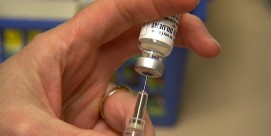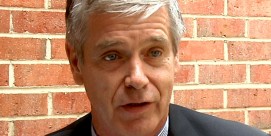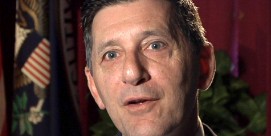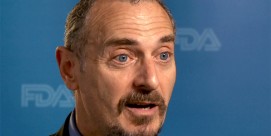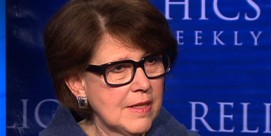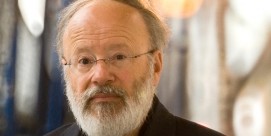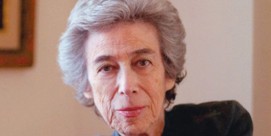Topic: Health and Medicine
In most states, parents can choose not to vaccinate their children based on a personal or religious objection. It’s a choice that has begun raising concerns about the ethics of refusal and the rising risk of outbreaks. More
Reverend Toby Larson of Celebration Anglican Church felt like he failed as a pastor when a young man from his congregation suddenly died of a heroin overdose. “Unfortunately, we’re pretty good at pastoring families that have lost people. We’re pretty good at burying people. We’re pretty lousy ten years earlier when problems started,” he says. More
“Faith and faith leaders really play a pivotal role in not only preventing drug use, but supporting people with addiction in their recovery, in the process of really healing themselves from a tremendously stigmatized disease.” More
“I’ve seen it more than once where it’s the family members simply can’t let go or decide we can leave no stone unturned,” says Richard Klein of the FDA patient liaison program, “whether or not it’s what the patient really wants.” But do families and patients have a right to try unapproved drugs without going through the FDA? More
In the five states where it’s legal, physician-assisted dying involves rigorous regulations, including how long a person has lived there, says Cathy Lynn Grossman, senior national correspondent for Religion News Service. “Brittany Maynard moved from California to Oregon, where it’s legal specifically to qualify for…a prescription for lethal drugs. The person takes the drugs themselves if and when they choose to, and not everyone who gets the prescription ever uses it.” More
“We should be thinking about how we can more vigorously and effectively help the people of West Africa and how we can protect health care workers in the United States. We can afford to do both quite well,” says bioethicist George Annas. More
For decades now, the mission of this Nobel-Prize-winning humanitarian group has been “medical care and bearing witness.” But bearing witness has had to be tempered by real-life considerations, observes medical sociologist Renee Fox. “When they were young, they thought witnessing was an unmitigated virtue. As they matured they came to see how complex the ramifications of witnessing might be.” More
Reverend Toby Larson of Celebration Anglican Church felt like he failed as a pastor when a young man from his congregation suddenly died of a heroin overdose. “Unfortunately, we’re pretty good at pastoring families that have lost people. We’re pretty good at burying people. We’re pretty lousy ten years earlier when problems started,” he says. More
“Faith and faith leaders really play a pivotal role in not only preventing drug use, but supporting people with addiction in their recovery, in the process of really healing themselves from a tremendously stigmatized disease.” More
“I’ve seen it more than once where it’s the family members simply can’t let go or decide we can leave no stone unturned,” says Richard Klein of the FDA patient liaison program, “whether or not it’s what the patient really wants.” But do families and patients have a right to try unapproved drugs without going through the FDA? More

